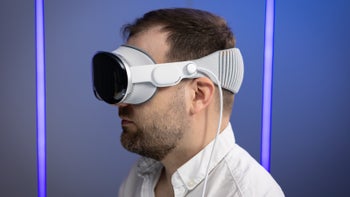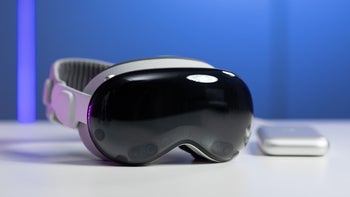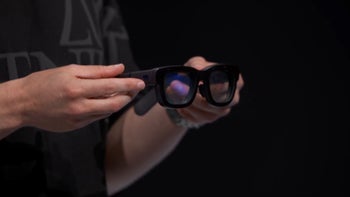Is your Quest 3 safe from hackers? This study suggests that you should think again

Hey, do you remember the excitement involved with the Quest 3’s launch? Meta’s latest release joined the ranks of the best VR headsets almost instantly and getting to talk about all the cool things that it could do was pretty exciting.
We even spent some time talking about the things that it couldn’t do. The great part? That second list keeps getting smaller now, thanks to the continuous support that Meta provides to its platform. But there came a point where we had to ask: is adding new features enough?
Well, as it turns out, it may not be. And I’m not just saying that to highlight how augments are taking way too long to get released. I’m saying that because your very own Meta Quest headset may have a critical vulnerability, turning it into a prime target for hackers.

Wait, where did those scary words come from all of a sudden? Well, as it turns out, the University of Chicago conducted a pretty interesting study involving your friendly neighborhood VR headset brand: Meta. What was it about?
Need more details for the scary story? Well, then here's what said third parties could get:
First off, this OS vulnerability can only be exploited if Developer Mode is turned on. So, in theory, so long as you keep that toggle to “off”, you should be safe. If you want to enjoy some of the coolest content on the Quest, however, you’ll need to use SideQuest — a third party service endorsed by Meta — which in turn requires turning Developer Mode on in order to get it set up.
But still, you may have an extra line of defense if your WiFi network is secure enough. If there are no unwanted guests with access to your wireless network, then the exploit cannot be remotely activated. In short? Make sure your WiFi password is strong!
We even spent some time talking about the things that it couldn’t do. The great part? That second list keeps getting smaller now, thanks to the continuous support that Meta provides to its platform. But there came a point where we had to ask: is adding new features enough?

I don't know about you, but I seriously can't get the song from this trailer for the Quest 3 out of my head.
Wait, where did those scary words come from all of a sudden? Well, as it turns out, the University of Chicago conducted a pretty interesting study involving your friendly neighborhood VR headset brand: Meta. What was it about?
Oh, just this vulnerability that can allow malicious actors to hijack your XR headset’s activity.
Need more details for the scary story? Well, then here's what said third parties could get:
- See and record everything you do with the headset
- Track your voice input
- Browse and record your gestures and keystrokes
- Gain access to your browser activity
- Change the content of messages you send to other people
And you'd be none the wiser for it, noticing just a bit of lag at most. But there are some good news too: a total of two silver linings.
First off, this OS vulnerability can only be exploited if Developer Mode is turned on. So, in theory, so long as you keep that toggle to “off”, you should be safe. If you want to enjoy some of the coolest content on the Quest, however, you’ll need to use SideQuest — a third party service endorsed by Meta — which in turn requires turning Developer Mode on in order to get it set up.
But still, you may have an extra line of defense if your WiFi network is secure enough. If there are no unwanted guests with access to your wireless network, then the exploit cannot be remotely activated. In short? Make sure your WiFi password is strong!
Oh, and don't hand out your headset to random strangers. Just in case!
The best part about all of this is that Meta is confirmed to have taken note of the report. A spokesperson has said that the company plans to review the full paper, which you can also check out here. Hopefully, Meta will release a patch addressing these vulnerabilities soon.
The best part about all of this is that Meta is confirmed to have taken note of the report. A spokesperson has said that the company plans to review the full paper, which you can also check out here. Hopefully, Meta will release a patch addressing these vulnerabilities soon.







Things that are NOT allowed: